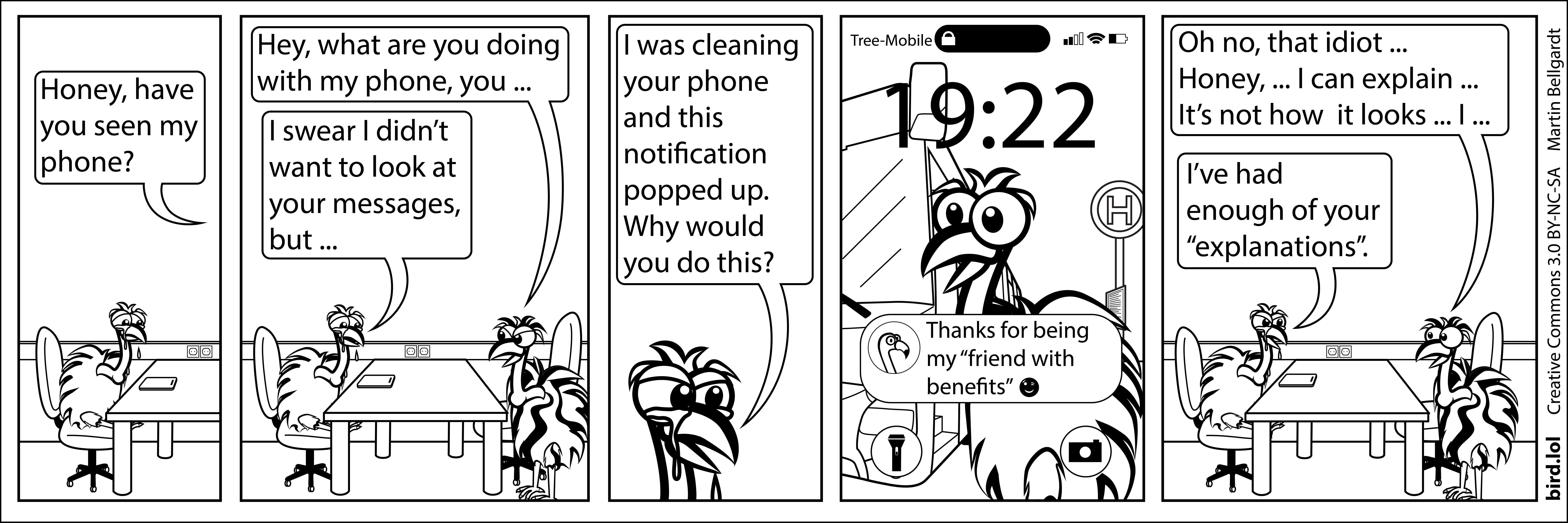Two weeks ago, I wrote about Peter Wessel Zapffe and hinted about a potential follow-up on antinatalism. After all, it’s something he had in common with another favorite philosopher of mine, Emil Cioran. The two of them thought that the human condition is so fundamentally flawed that it would be unethical to make the conscious decision to subject new life to it, as nobody can give their consent to be born. When you decide to have children, you subject them to all the suffering caused by being conscious in a meaningless world. Cioran and Zapffe both thought it would be best for humanity to die out to alleviate human suffering, not because the world would be better off without humans.
But maybe the world would be better off without humans. It’s an opinion I’ve heard even more often than that of Cioran and Zapffe. At least since the industrial revolution, humans have started destroying the world. There’s quite a few people who place higher ethical value on non-human animals, biodiversity, the planet and nature than human life. It’s easy to see how this ethical framework leads one to believe that it would be better if humanity died out. Some even commit suicide for this reason while others decide they can do more by staying alive and sharing their view with others. Antinatalists don’t necessarily want people to die, they want people to die out.
But two weeks ago I already hinted that I’m not an antinatalist. Not because I think humanity should survive, not because I want people to have children, but because I simply do not care. Every human that is born into this world will be as meaningless as the next one as any non-human animal and as the rainforests and the sun and the whole galaxy. There is nothing inherently unethical about causing suffering as there is no such thing as objective ethics. It is probably an uncontroversial opinion that you shouldn’t cause unnecessary suffering in other humans, just like it’s an uncontroversial opinion that people should be allowed to have children if they so desire. Why make it more complicated than that?
If you are one of those people who think humanity should die out because it would be better for the planet this will not convince you. That’s fine, I’m not trying to convince you. There is nothing inherently wrong about your ethical belief since, again, there is no such thing as objective ethics. What you should be aware of, though, is that people will continue to reproduce, no matter how hard you try. There are many who place higher moral value in human life than anything else and there is nothing inherently wrong about that either. If you decide not to have children that is fine. It’s also fine if you surround yourself with others who remain childless and distance yourself from those who don’t. You’ll probably have better parties.
Funny enough, I might as well join those parties as I don’t think I will ever have children. Not because I’m an antinatalist, not even because I don’t want to have children, but because I don’t think I will ever find someone to have children with. That’s because I can’t imagine having children with someone on the other side of the abyss. Trouble is, I’ve never met anyone on my side of the abyss. Most people, especially women, tend to keep a safe distance to it and I can’t blame them. As I’ve said many times before, I can’t recommend crossing the abyss to anyone. Once you’ve embarked, there is no turning back and you might not make it. I did and it was the best thing that ever happened to me, but the reward might not be worth the risk and I would never forgive myself if someone got lost in the abyss because of me. So I’d rather stay alone. I can handle myself and you don’t have to worry about me as I’m just as meaningless as you are.
So, by all means, go have children. From all I know about it, it must be an amazingly profound experience. But if you don’t want to, that’s also fine. There’s lots of other profound experiences to have. Just try to not cause any unnecessary suffering to other people. Not because that's inherently wrong, but because I think it is.

